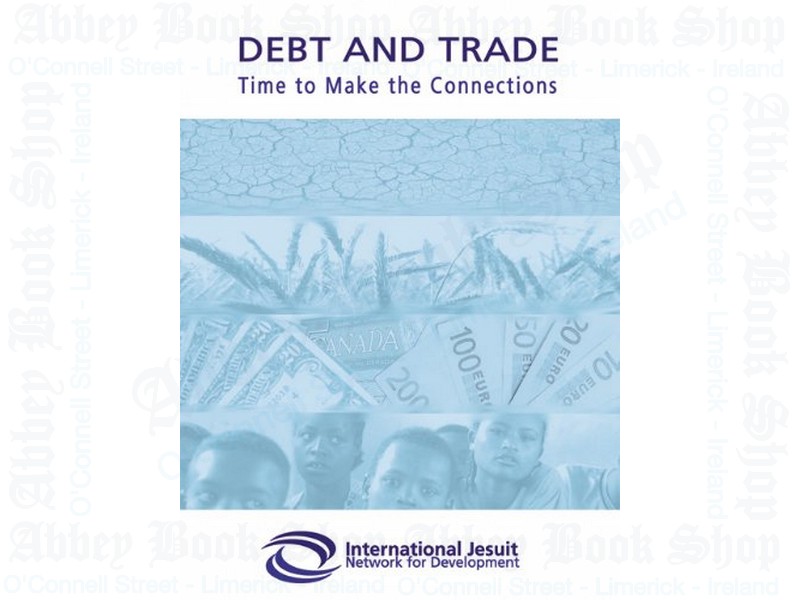Description
The Jubilee 2000 campaign drew attention to the crippling debt borne by the worlds poorest countries. Yet, today, developing countries owe more than three times the amount they owed twenty-five years ago. Debt repayments divert enormous resources from urgently needed spending on poverty reduction, basic health, education and economic infrastructure.
Meanwhile, there are glaring inequities in the global trading system. Developing countries have been forced to remove or reduce subsidies and tariffs while rich nations have maintained protectionist policies which seriously disadvantage poor countries in their export of key commodities.
It is increasingly clear that there is a close interrelationship between the chronic debt of developing countries and imbalances in the global trading system. This collection of papers, from a conference organised by the Jesuit Centre for Faith and Justice on behalf of the International Jesuit Network for Development, takes a timely look at the many dimensions of debt and trade policies and their interconnections. Authors from countries such as Zambia, the Philippines, Colombia and Brazil give first-hand accounts of the impact of debt and trade policies on their countries.
The policy agenda of the major international institutions is analysed by World Bank, IMF and civil society representatives. Finally, representatives from the European Commission, Dail Eireann and Development Co-operation Ireland discuss how Ireland and European Union could help bring about reform of policies on debt and trade. For anyone with an interest in and passion for the creation of just and sustainable policies in these areas, Debt and Trade: Time to Make the Connections is essential reading.





Reviews
There are no reviews yet.